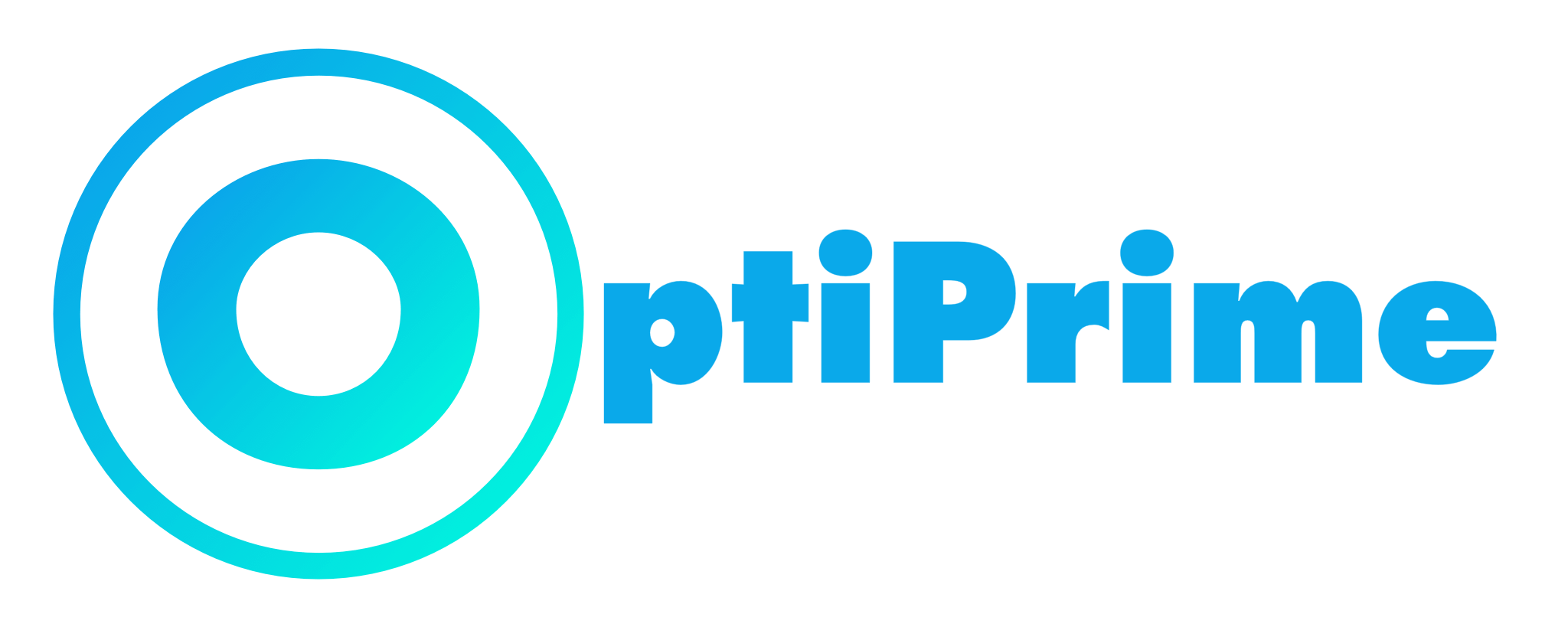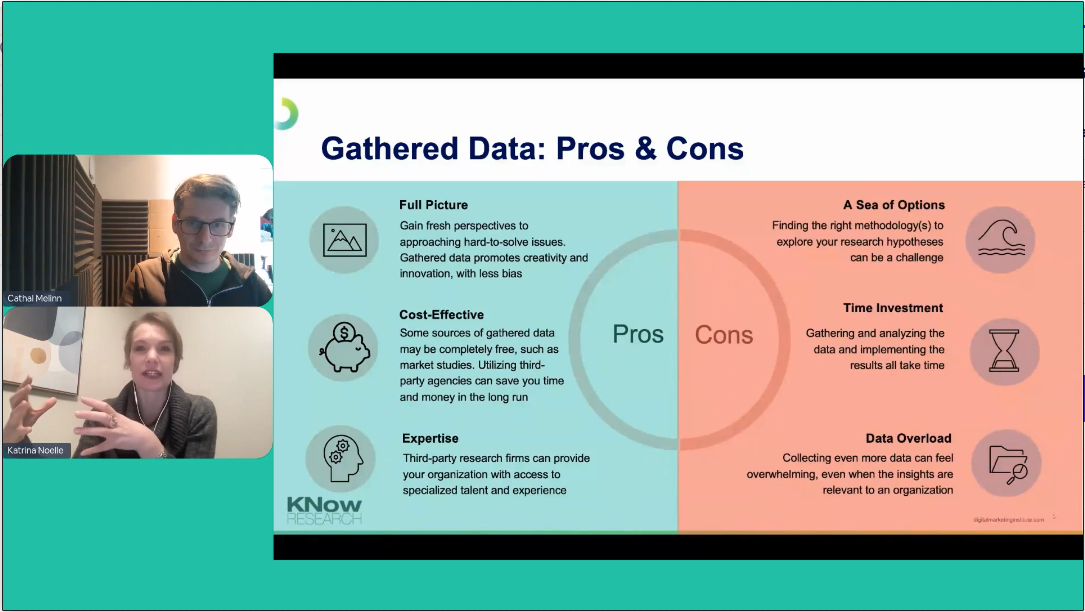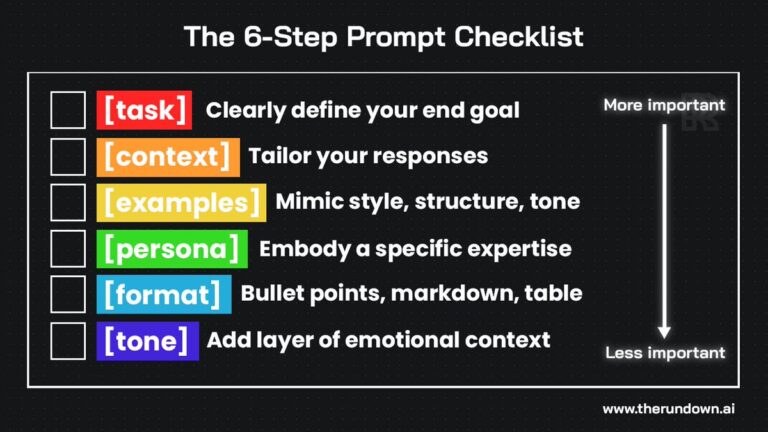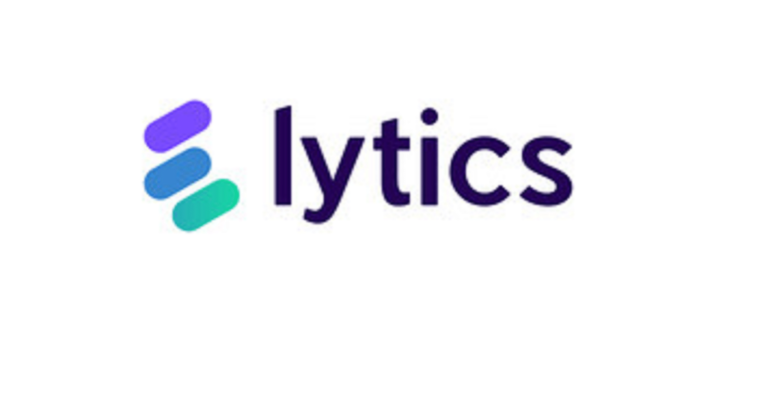The Significance of Digital Marketing for Enhancing Small Business Growth
For newly established small ventures, the initial goal frequently revolves around attracting their first set of customers. Many rely on the age-old methods of advertising which include handing out flyers, placing print ads, or even investing in billboards.
Though such tactics may result in a slow influx of business, a more efficient and modern strategy exists. It’s worthwhile for small enterprises to explore the vast digital marketplace, combining both traditional and online marketing tactics to maximize their outreach.
Consider this: Based on findings from Visual Objects, 76% of shoppers search for a business online before deciding to visit in person, and 45% are inclined to visit after encountering a robust online presence on a local search result page.
Therefore, every small business, regardless of its stage of development, should view digital channels as essential tools for generating leads and transforming interest into actual patronage.
In this article, we will explore 6 effective online strategies for marketing and expanding your business, plus 3 inspiring success stories from smaller brands.
- Engage in competitor analysis
- Utilize SEO
- Embrace both proactive and reactive social media engagement
- Focus on your current customer base
- Connect with influencers
- Strategically allocate your marketing funds
The Advantages and Challenges of AI in Marketing
Free Download
The Upsides of Embracing Digital Marketing
Digitally marketing your small business opens the door to a broader audience than you could ever reach locally alone. Digital marketing methods allow you to tap into a large audience in a financially savvy, scalable, and trackable manner.
Key advantages include:
- Enhancing interaction with potential clients to better understand their preferences.
- Overcoming geographical limitations to reach a global audience.
- Implementing hyper-personalization to target audiences more effectively.
- Engaging with potential and current customers throughout the purchasing journey.
- Cost-efficiency in reaching more people with less investment.
- Driving customer loyalty by understanding and engaging your audience deeply.
- Real-time tracking and adjustments for optimizing marketing strategies.
- Improving customer service through platforms like Facebook or X.
Beginning with Digital Marketing for Your Small Business
The realm of digital marketing offers limitless possibilities but might seem daunting initially. The variety of platforms and tactics can appear overwhelming. However, in today’s competitive online marketplace, relying solely on word-of-mouth or customer referrals may not suffice.
With the surge in online buying, the global share of e-commerce in retail sales is predicted to increase from 18% in 2021 to an estimated 23% by 2027. This shift makes a compelling case for cultivating a strong online presence to ensure the sustainability of your business, considering 20% of businesses fail in their first year, and the figure rises significantly over time according to Forbes Advisor.
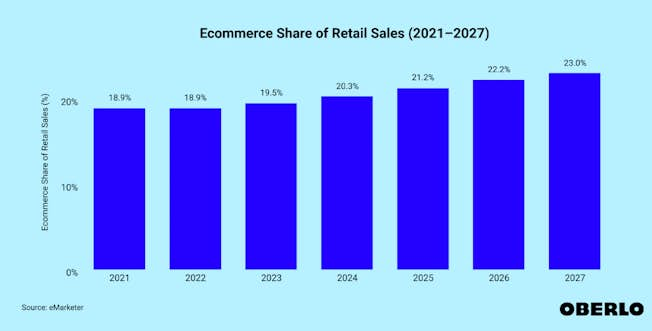
Given these statistics, it’s clear that establishing an online identity is crucial for any small business aiming for longevity. Let’s explore some straightforward yet powerful digital marketing techniques for establishing your presence online and attracting a relevant audience.
1) Perform Competitor Analysis
To edge out in the market, closely observing and learning from your competitors’ strategies online can provide valuable insights. Examine their digital footprints to see what’s successful and what’s not.
When conducting such an analysis, consider the following:
- The types of content they produce and the platforms they’re present on.
- Their brand messaging and unique selling points.
- Their engagement level and tactics.
- Any partnerships with influencers or loyalty programs they might have.
Thankfully, numerous tools facilitate this research process, making it less time-consuming:
- Semrush and Ahrefs for SEO insights.
- BuzzSumo for content and influencer analysis.
- Google Alerts for real-time competitor activity notifications.
- Ontolo for backlink opportunities.
- Similarweb for comprehensive digital channel insights.
Additionally, customer insight platforms like AnswerthePublic and Ubersuggest are invaluable for content strategy and persona development.
Moreover, there’s an array of AI tools that can assist in this aspect, catering to both market research and content creation.
2) Optimize for Search Engines (SEO)
Google is often the first destination for anyone looking for products or services. Ensuring your business ranks above your competitors on search engine results pages is crucial for visibility.
SEO demands an understanding of both broad and niche keywords relevant to your business. Focus on long-tail keywords for specificity and short-tail keywords for broader search terms. Local SEO strategies will also enable your business to appear more prominently based on localized searches.
Google Business Profile can immensely aid in increasing your visibility in local searches and on Google Maps.
Inclusive FAQs and targeted blog posts can address specific queries potential customers might have, directly leading them to your offerings.
AI platforms like ChatGPT can be leveraged for SEO, aiding in content creation tailored to specific platforms like Facebook or X.
3) Active Engagement on Social Media
Social media’s expansive reach presents a significant opportunity for small businesses. With billions of users globally, identifying the most suitable platform for your brand is essential. Each platform caters to different demographics and favors various content forms.
- Identify where your target audience spends their time and tailor your content accordingly.
- Consider both the platform’s user base and content preferences to maximize engagement.
Actively participating in social media is not just about promoting your business but also engaging with other content to provide value to your audience. Encourage user-generated content to foster a community around your brand and use social media as a tool for prompt customer service and engagement.
4) Engage Current Customers
Maintaining an email list of current customers is crucial for ongoing engagement. Segment your list to tailor messaging and promotions to specific customer groups for more personalized communication.
Strategies to expand your email list include offering signup incentives, referral programs, contests, and exclusive member discounts.
Explore our blog for more insights on utilizing email marketing to engage and grow your audience effectively.
5) Influencer Outreach
Influencer marketing can offer a distinctive edge by lending credibility and extending your reach. The right influencer can resonate with your target audience, creating authentic and compelling content that drives interest in your brand.
It’s not always about the number of followers an influencer has but their alignment with your brand values and their ability to engage meaningfully with their audience.
Look for influencers across platforms by utilizing social media searches and relevant hashtags. Various types of collaborations may include sponsored posts, brand ambassadorships, guest blogging, or hosting events.
To establish a fruitful collaboration, clearly communicate your objectives and expectations using a comprehensive influencer marketing brief.
6) Smart Allocation of Marketing Budget
Digital marketing offers cost-effective channels for advertising, allowing small businesses to achieve more with limited resources. Tailoring your ads to a specific, relevant audience on social media not only optimizes your spending but also increases the efficacy of your campaigns.
Choose the social media platform that aligns with your brand and audience profile, testing various content and messaging to see what resonates best.
3 Compelling Digital Marketing Success Stories from Small Businesses
Gaining insights from other small businesses can provide valuable lessons and inspiration. Here are three examples showcasing effective digital marketing strategies in action.
1) Zac’s Sweet Shop
Zac, a lifelong candy enthusiast, turned his passion into a thriving online business. Following an endorsement from Beyoncé, his business saw a significant uptick in sales, demonstrating the power of celebrity endorsements and personal storytelling.
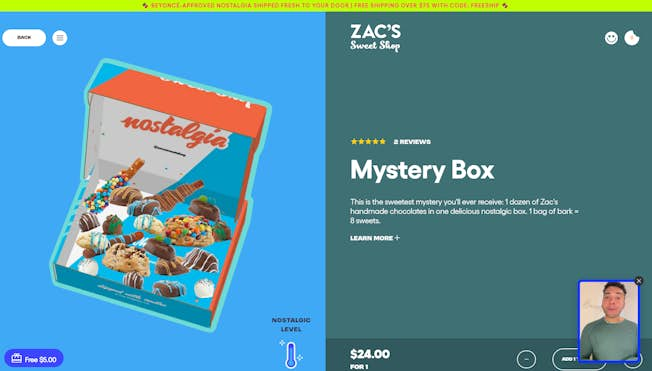
Zac’s strategy of blending personal storytelling with celebrity endorsement and interactive online features like mystery boxes illustrates the multifaceted approach to digital marketing success.
2) KidRunner
KidRunner, founded by a running enthusiast father, offers an innovative solution for active parents. The brand’s growth, including expansion into running strollers for skiing and biking, showcases the value of customer testimonials and firsthand experiences featured prominently on its website.

3) Lentiful
Inspired by their personal health journey towards plant-based eating, the Bacon family founded Lentiful, embodying the concept of abundance. The brand distinguishes itself through vibrant packaging and an active Instagram presence, emphasizing colorful product showcases and event participation.


